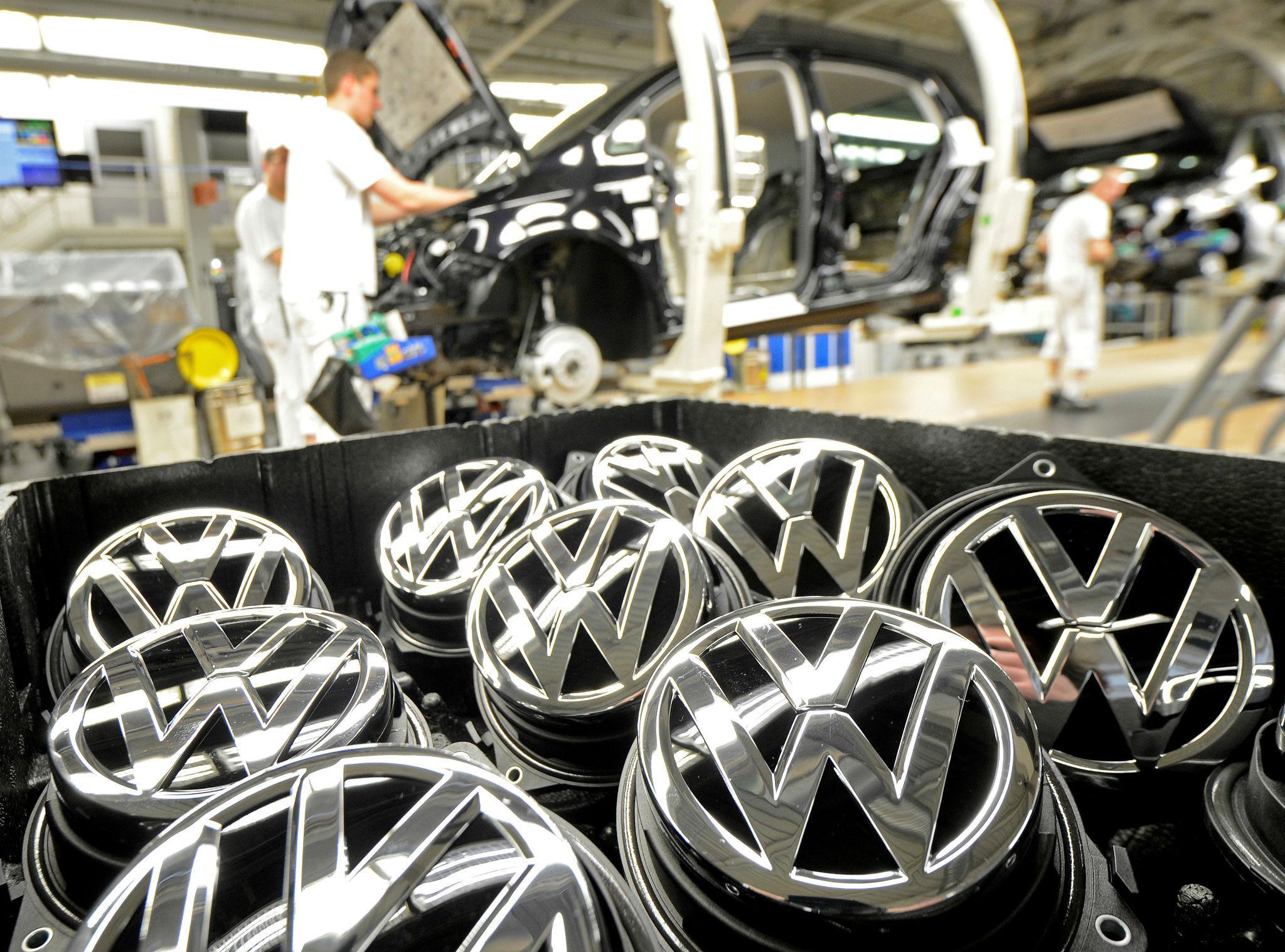VW hit with £12m fine and sales ban on 80 models in South Korea
In all, 209,000 VW vehicles have been banned, mainly over emissions-related problems, since November - or 68% of the vehicles the company had sold in the country since 2007

Your support helps us to tell the story
From reproductive rights to climate change to Big Tech, The Independent is on the ground when the story is developing. Whether it's investigating the financials of Elon Musk's pro-Trump PAC or producing our latest documentary, 'The A Word', which shines a light on the American women fighting for reproductive rights, we know how important it is to parse out the facts from the messaging.
At such a critical moment in US history, we need reporters on the ground. Your donation allows us to keep sending journalists to speak to both sides of the story.
The Independent is trusted by Americans across the entire political spectrum. And unlike many other quality news outlets, we choose not to lock Americans out of our reporting and analysis with paywalls. We believe quality journalism should be available to everyone, paid for by those who can afford it.
Your support makes all the difference.South Korea on Tuesday suspended sales of most Volkswagen models in a fresh blow to the German car manufacturer as it struggles to overcome the global repercussions of its emissions-test cheating scandal and rebuild its tattered image.
The government revoked certification for 80 model variants of VW, Audi and Bentley vehicles, and fined Volkswagen 17.8 billion won (£12.2 million) for allegedly forging documents on emissions or noise-level tests.
The move could slam the brakes on sales for Europe's biggest automaker in the Asian market, where its local unit had more than tripled revenue to 2.82 trillion won (£1.9 billion) over the past five years before becoming mired in the emissions scandal.
Volkswagen described the ruling as “most severe” and said it would consider a legal challenge.
In all, 209,000 VW vehicles have been de-certified in South Korea, mainly over emissions-related problems, since November - or 68 per cent of the vehicles the company had sold in the country since 2007, the environment ministry said.
While South Korea is a relatively small market for Volkswagen, it is a major market for its luxury marques Audi and Bentley and one of the fastest-growing markets for all brands.
It could take more than three months for the affected brands to be back on showroom floors, officials said.
“It usually takes three months for vehicle certification, but this may take longer for Volkswagen, as we will take thorough steps,” environment ministry director Hong Dong-gon told reporters.
Any delay in recalls previously ordered over emissions test manipulation could be met with an order for VW to exchange those vehicles for other models, Hong added.
In a letter to customers posted on its South Korean homepage, Volkswagen said it would consider requesting an “injunction of execution”.
It could also take legal action against the government's decision “if this will help recover our company’s business reputation and benefit our consumers, dealers and other partners,” it added.
Volkswagen voluntarily halted sales of most of its models in South Korea from 25 July, ahead of the government's decision.
The company reported a 12 per cent drop in quarterly profit at its main passenger car division last week, showing the challenges it still faces since admitting in September to using software to falsify pollution tests on some diesel cars.
In addition to billions of dollars in costs related to the scandal, it is also tangled in legal action in the United States, Germany, South Korea and elsewhere.
South Korea has taken a particularly tough line, with prosecutors raiding Volkswagen's Seoul offices and arresting an executive in June.
© Reuters
Join our commenting forum
Join thought-provoking conversations, follow other Independent readers and see their replies
Comments